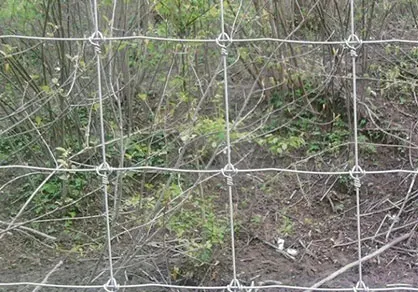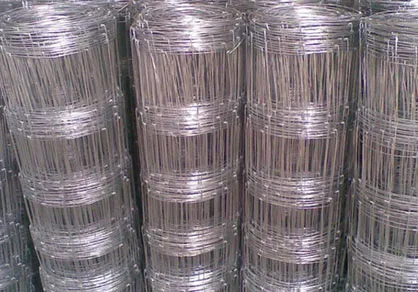

Masonry Nails Constructing with brick, stone, or concrete? Masonry nails, made from hardened steel, can pierce through tough materials without bending. Their typically grooved shanks offer an exceptional grip, ensuring stability even in the most challenging installations. These nails are indispensable for projects involving the attachment of wood to concrete and other masonry installations, where regular nails would fail. Drywall Nails Drywall nails are specifically designed for hanging drywall sheets. With a ringed or spiral shank, they provide a firm grip, preventing slippage and maintaining structure integrity. Their unique configuration simplifies the drywall installation process, contributing to smooth finishes in interior construction. Screw Nails Combining the advantages of screws and nails, screw nails are characterized by their helical threads along the shank. When driven in, these nails create a gripping force similar to screws, enhancing their holding strength in wood. They are especially effective where additional security is required, as their design resists pulling out under pressure, a common feature in decking or flooring projects. In the field of construction, selecting the right type of nail goes beyond mere aesthetics or tradition; it is about ensuring safety, maximizing efficiency, and enhancing longevity. Knowing what each nail type offers allows builders to match specific project needs accurately, ensuring both functionality and beauty. Invest in quality nails that serve the purpose, and consult with professionals when in doubt to maintain best practices. Understanding these subtle differences can help elevate your construction project from standard to exceptional, showcasing both durability and craftsmanship that stands the test of time.

















